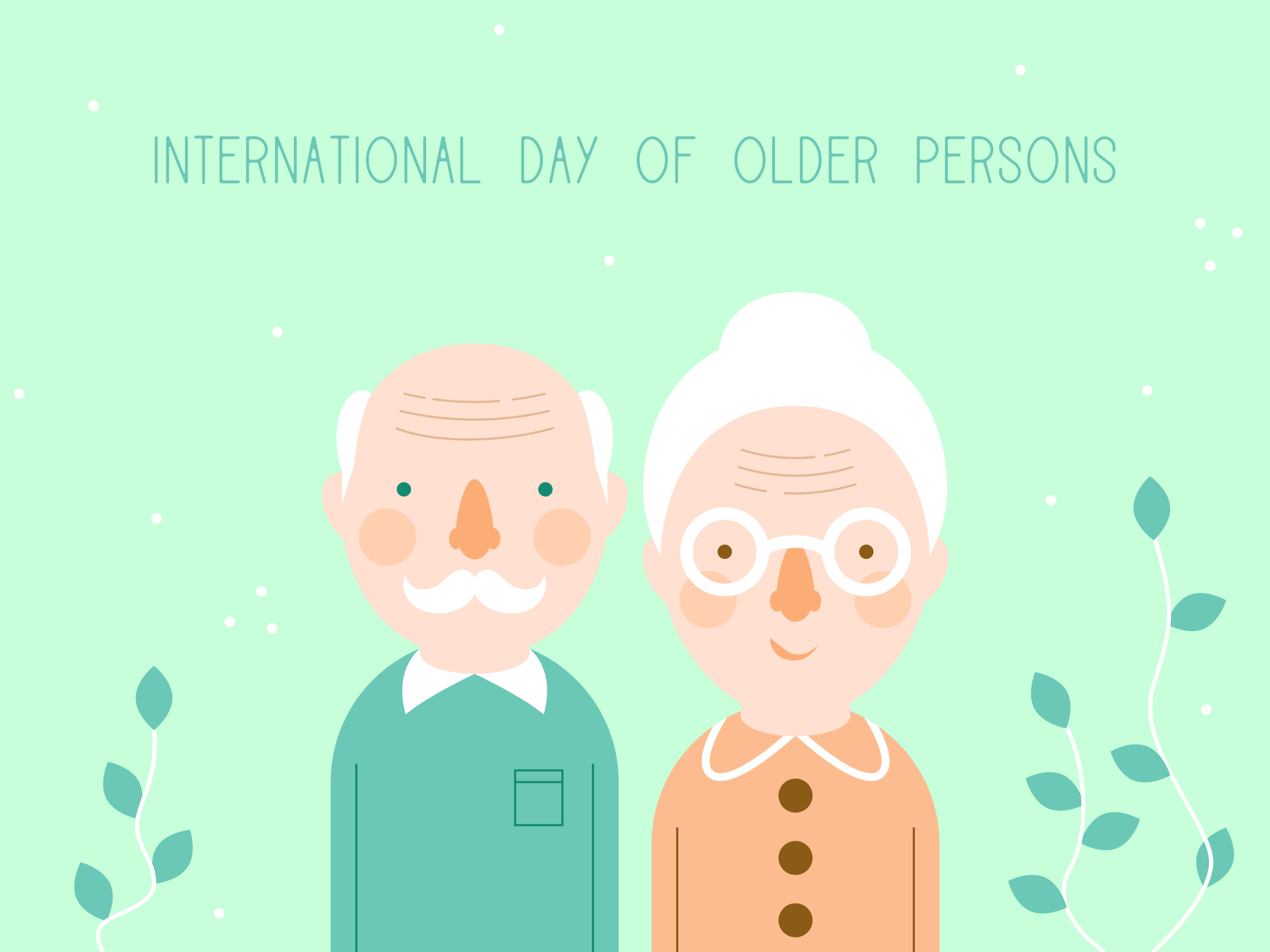October 1 is designated by the United Nations as the International Day of Older Persons. The theme this year is The Journey to Age Equality which strives to raise awareness and combat ageist discrimination and to promote equality regardless of age, gender, race, ethnicity, religion or social/economic status. And as the proportion of older adults in the worldwide population rises over the next 20 to 30 years, supporting seniors in living healthy, independent lives is a goal shared by UN members globally.
According to the UN Department of Economic and Social Affairs, between 2015 and 2030, the number of people over the age of 60 is expected to increase from 901 million to 1.4 billion. The UN’s initiative to ensure equal opportunity and promote the inclusion of all is part of the goal to work for a better future for people of all ages. Developing care support for older persons, social inclusion and promoting policies to improve quality of life are integral components of the 2030 Agenda of Sustainable Development Goals.
Older adults face many issues besides discrimination, including violence, neglect and abuse. The elderly are not currently protected like other groups by human rights policies. Ensuring human rights, fighting prejudice and caring for older adults takes action now. Already in South-East Asia, the elderly account for nearly 10 percent of the population, a sharp increase from 8 percent in 2010. And in the United States, for the first time in history, data from the Census Bureau projects that by 2035 people over 65 will outnumber children.
Learn more about how the growing senior population will be one of the “most significant transformations of this century” by following this link to a recent UN Human Rights News report.






Add Your Voice
0 Comments
Join the Discussion